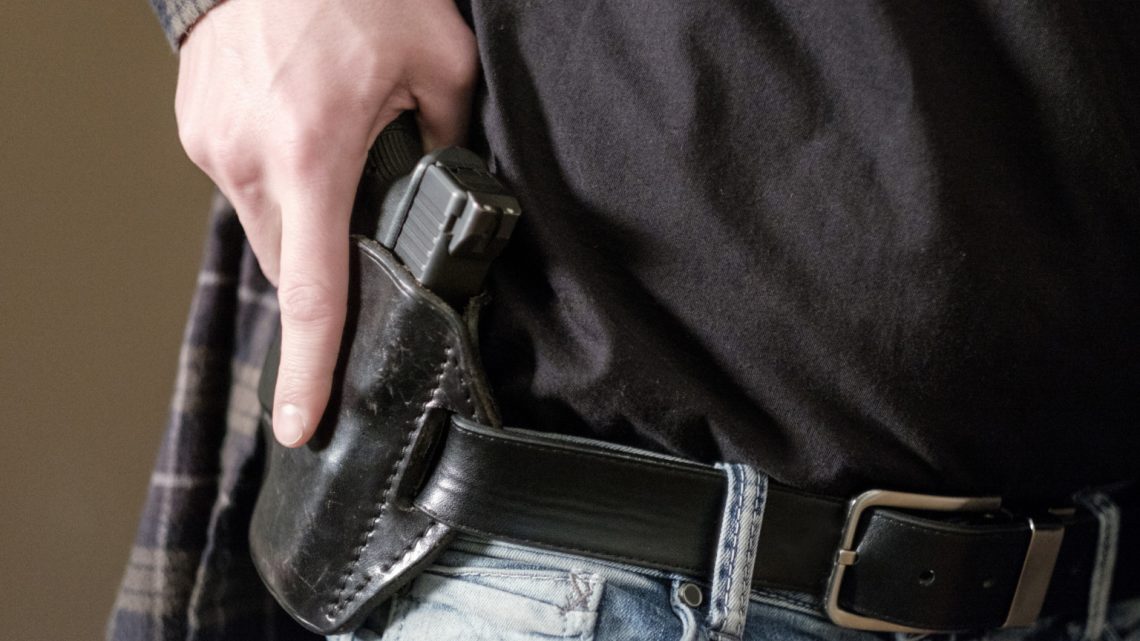Washington’s Theft Laws
There are three degrees of theft under Washington state law. Theft is unique compared to burglary and robbery charges in that theft charges escalate based on the value of the stolen property. While burglary and robbery can involve some version of theft, these crimes have other circumstances and combinations of charges that result in harsher sentencing.
Third degree theft involves the theft of a property or service whose value does not exceed $750 or include 10+ merchandise or beverage packages. This is the lowest theft sentence in the state of Washington.
Second degree theft involves the theft of a property or service that’s value exceeds $750, but is less than $5000. Notably, this also includes stealing a credit card or password information that can give access to funds and goods.
First degree theft involves the theft of a property or service that exceeds $5000. This is the most serious theft charge you can receive in Washington.
Washington’s Burglary Laws
Washington burglary differs from theft by encompassing both unlawful entry and criminal intent, along with the potential for theft charges as well. There are three types of burglary under Washington law:
Second degree burglary is the lowest degree of burglary you can be charged with in Washington. This involves entering a building unlawfully with the intent to commit a crime.
First degree burglary this is the highest degree of burglary you can be charged with in Washington. The escalating factor for this charge is the defendant was armed with a deadly weapon or committed assault in the process of the burglary.
Residential burglary this type of burglary is given its own definition to define burglaries that take place in a Washington residence. This charge is not limited to exclusively first or second degree and may vary depending on the circumstances of the crime committed.
Washington’s Robbery Laws
Washington robbery is unique from burglary and theft because it must include an element of violence at varying degrees. This is specifically defined as taking a victim’s property against his or her will by using or threatening force or violence. Armed robbery charges are more severe and involve the use of a weapon by the accused culprit.
First degree robbery is the most serious robbery charge you can receive under Washington state law. This must involve one of a few outlined offenses. The defendant was armed with a deadly weapon, displayed a firearm or weapon at any point, inflicted physical harm, or robbed a bank or other finance institution.
Comparing the Most Severe Charges
The most severe theft charge in Washington, theft of the first degree, is a Class B felony. Penalties for first degree theft include up to a $20,000 fine and up to 10 years of jail time.
First degree burglary holds a more severe conviction by comparison. Defined as a Class A felony, this can include a maximum fine of $50,000 and in some cases up to a life sentence.
Similarly, first degree robbery holds a Class A felony status. However, offenders with a previous criminal history face more severe penalties under Washington’s three strike rule for violent offenses. Individuals with three serious violent criminal offenses may face up to life in prison without the possibility of parole.




No Comment